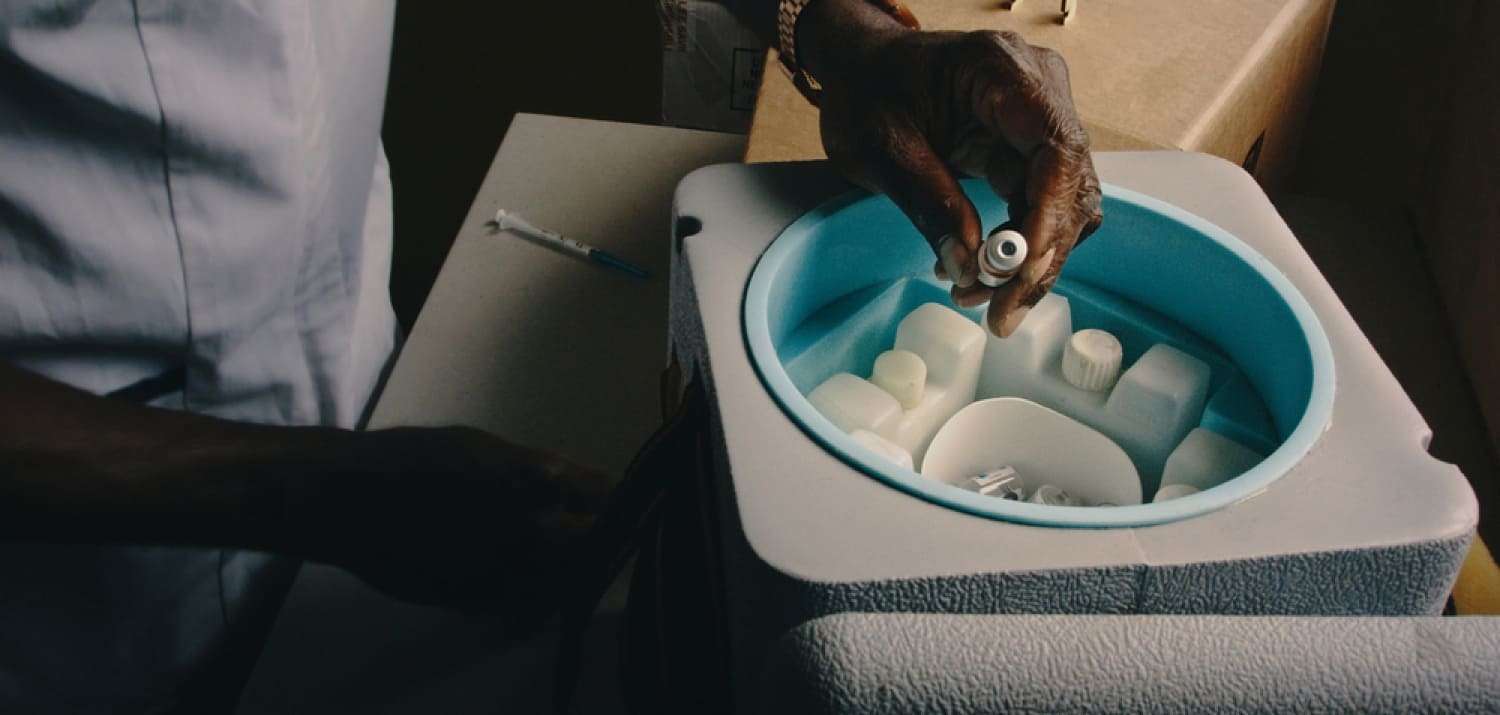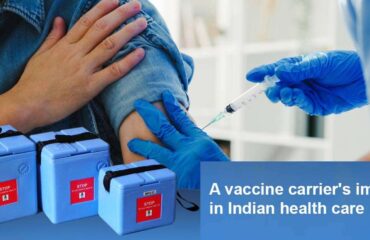Cold chain equipment is crucial for the medical industry in India due to the need to maintain the integrity, efficacy, and safety of temperature-sensitive medical products, including vaccines, pharmaceuticals, and biological samples. Here’s a detailed overview of why cold chain equipment is essential and the types and usage of such equipment in the medical field in India:

Importance of Cold Chain Equipment
Maintaining Efficacy and Safety: Many vaccines and medications lose their potency if not stored at the correct temperatures, leading to reduced effectiveness and potentially harmful effects.
Regulatory Compliance: Adherence to stringent national and international guidelines for the storage and transportation of medical products.
Minimizing Waste: Proper cold chain management reduces the wastage of expensive and scarce medical products.
Public Health Impact: Ensuring the availability of potent vaccines and medicines is crucial for preventing and controlling diseases.
Types of Cold Chain Equipment
Cold chain equipment refers to the various tools and devices used to maintain and transport temperature-sensitive products within a specific temperature range, ensuring their integrity and quality from production to consumption. In India, the cold chain infrastructure is vital for industries like pharmaceuticals, food and beverages, and agriculture. Here are some common types of cold chain equipment used in India and their usage:
Cold Boxes and Vaccine Carriers
Cold boxes and vaccine carriers used primarily in the healthcare sector for transporting vaccines and biological samples while maintaining the required cold temperature.
- Purpose: Transporting vaccines from central storage to remote areas while maintaining the cold chain.
- Features: Insulated and often equipped with coolant packs to maintain the desired temperature during transit.
Pharmaceutical Refrigerators
- Purpose: Specifically designed for storing vaccines, insulin, blood products, and other critical medicines.
- Features: Accurate temperature control, alarms for temperature deviations, and temperature logging capabilities.
Ice Lined Refrigerators (ILRs)
- Purpose: Used for vaccine storage, particularly in areas with unreliable electricity.
- Features: Maintain temperature for extended periods using ice packs, even during power outages.
Solar-powered Refrigerators
- Purpose: Ideal for remote and rural areas with limited access to electricity.
- Features: Operate on solar energy, ensuring a reliable cold chain for vaccines and other medical supplies.
Temperature Monitoring Devices
- Data Loggers: Continuously record temperature data to ensure that products are kept within the required temperature range.
- Thermometers and Alarms: Regularly monitor temperature and provide alerts for any deviations.
Ultra-low Temperature Freezers
- Purpose: Storing certain vaccines, biological samples, and reagents at very low temperatures, typically between -80°C to -40°C.
- Features: Essential for preserving the integrity of highly temperature-sensitive products.
Refrigerated Transport Solutions
- Refrigerated Vans and Trucks: Equipped with refrigeration units to transport medical products over long distances.
- Portable Coolers: Used for short-distance transportation within healthcare facilities or during vaccination drives.
Usage of Cold Chain Equipment in the Medical Field
Vaccine Storage and Transportation
- Cold Chain for Vaccination Programs: Ensuring vaccines reach every corner of the country without losing efficacy, especially critical for national immunization programs.
- On-site Vaccine Storage: Health centers and clinics need reliable cold storage to keep vaccines safe until administration.
Pharmaceutical Storage
- Hospitals and Pharmacies: Maintaining the required temperature for medications to ensure they remain effective for patients.
- Clinical Trials: Proper storage of investigational drugs is essential to maintain their integrity throughout the study.
Blood Banks and Laboratories
- Blood Storage: Blood and blood products need specific temperature conditions to remain viable for transfusions.
- Sample Preservation: Biological samples for diagnostic testing and research must be kept at stable temperatures to ensure accurate results.
Field Operations and Remote Healthcare
- Mobile Clinics: Equipped with portable cold chain solutions to deliver healthcare services in remote areas.
- Emergency Situations: During natural disasters or outbreaks, maintaining a cold chain is vital for delivering medical aid.
In India, the deployment of effective cold chain equipment is essential to ensure the safe and effective delivery of medical products, particularly in the context of widespread vaccination programs and the distribution of life-saving medications. Continuous investment in and development of cold chain infrastructure, including innovative solutions like solar-powered refrigerators and advanced monitoring systems, are critical to meeting the healthcare needs of the population and improving public health outcomes.

